14 Simple Ways to Get the Best Night’s Sleep During the Warm Summer Nights
When summer temperatures rise, it can feel impossible to drift off into a peaceful sleep. Heat and humidity can disrupt your comfort and keep you from feeling fully rested. Luckily, there are practical solutions that can help you manage the warmth. A few thoughtful changes can turn your bedroom into a cooler and calmer space. Read on to find out how you can enjoy restful nights despite the summer heat.
This post may contain affiliate links, which helps keep this content free. Please read our disclosure for more info.
Use Lightweight, Breathable Bedding
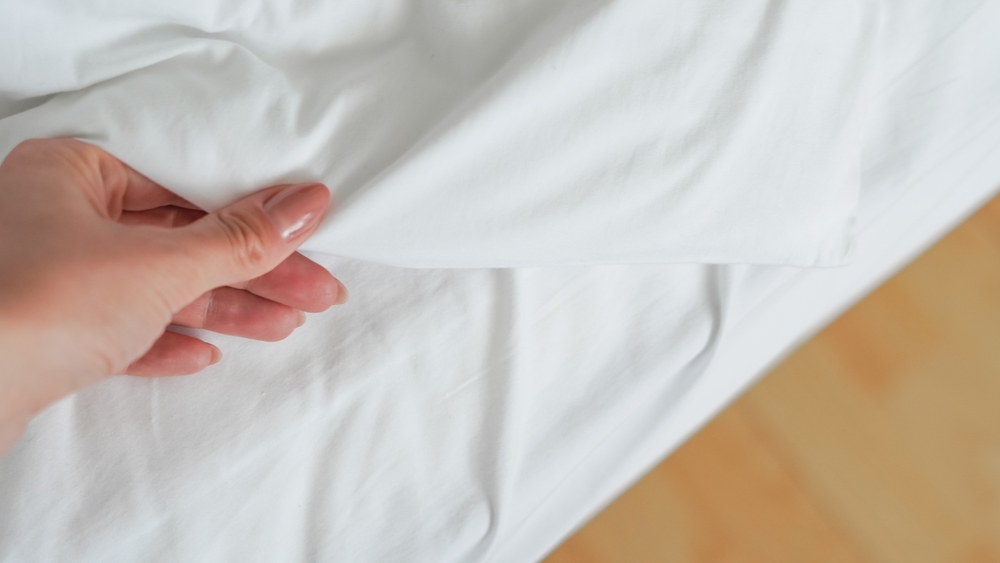
Switching to cotton or linen sheets can make a noticeable difference in how comfortable you feel at night. These fabrics allow air to move more freely, preventing heat from getting trapped around your body. Lighter bedding also helps wick away sweat, which can keep your skin cooler. Choosing pale colors can help reflect heat rather than absorb it.
Your choice of bedding affects more than just comfort, as it also impacts how well your body regulates temperature during sleep. Overheating can disturb deep rest, leaving you tired the next day. Breathable materials keep your core temperature steady, making it easier to fall and stay asleep. This small change can be one of the easiest ways to improve summer sleep quality.
Keep Curtains Closed During the Day
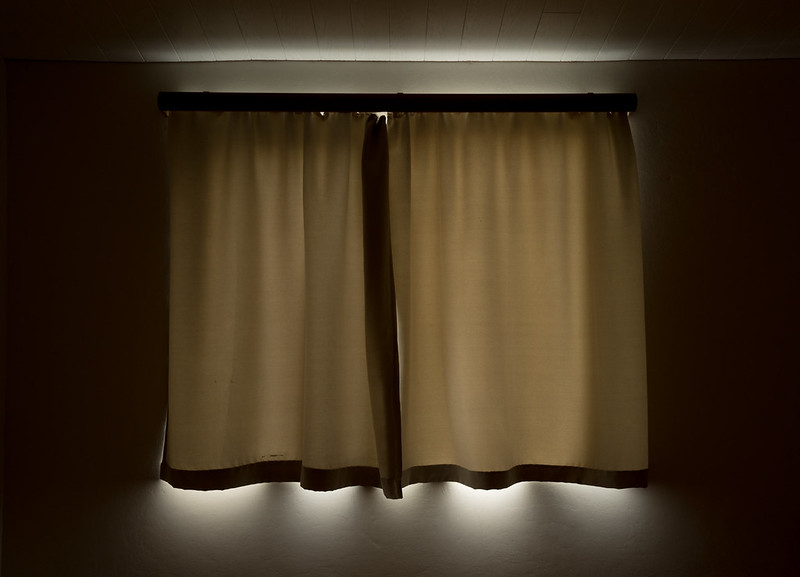
Direct sunlight can quickly raise the temperature of your bedroom. Closing curtains or blinds during the day keeps out much of the heat, making it easier to cool the room at night. Blackout curtains work especially well, as they block both light and warmth. This step can lower evening temperatures without the need for constant air conditioning.
Maintaining a cooler bedroom helps your body transition more smoothly into sleep. When the air feels cooler, your body does not have to work as hard to reach a restful state. This simple habit also saves energy, which is better for your wallet and the environment. It is a low-effort change that can have a lasting impact on summer comfort.
Sleep in Loose-Fitting Pajamas
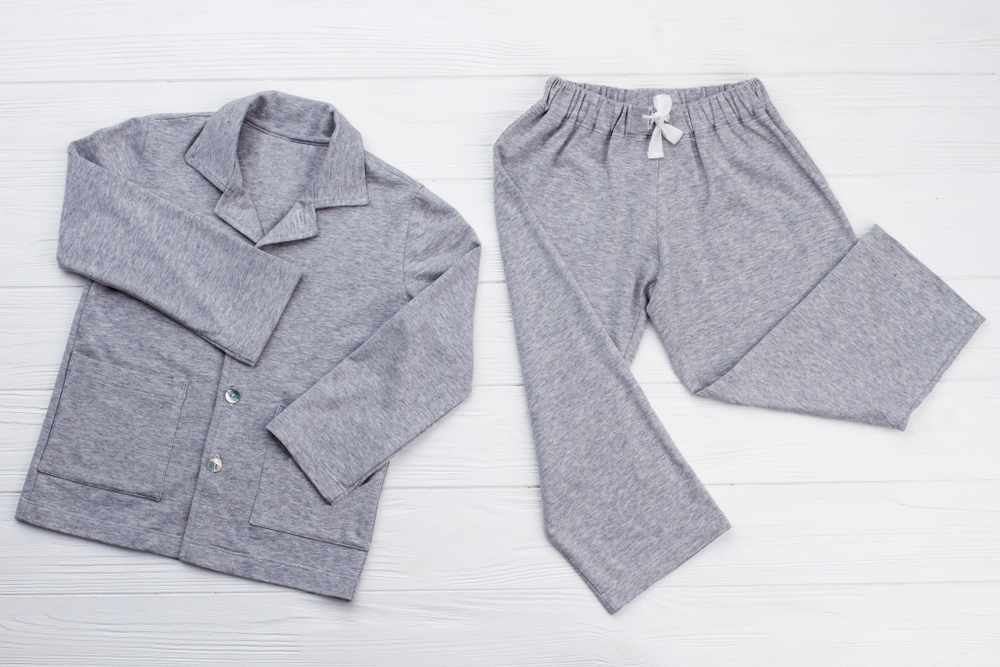
Tight clothing can trap heat and restrict air circulation, leading to discomfort at night. Loose-fitting cotton or bamboo pajamas allow your skin to breathe and reduce sweating. These materials also absorb moisture, helping you feel fresher in the morning. Light-colored sleepwear can further prevent heat retention.
Wearing breathable sleepwear supports your body’s natural cooling process. When your skin stays dry and cool, your heart rate and breathing can settle more quickly. This allows you to reach deep, restorative stages of sleep. It is an easy and affordable adjustment that benefits both comfort and health.
Stay Hydrated Throughout the Day

Dehydration can make it harder for your body to regulate temperature, especially at night. Drinking enough water during the day helps you avoid waking up feeling overheated or restless. Focus on hydration earlier in the day to prevent frequent bathroom trips at night. Include water-rich foods like watermelon or cucumber in your diet for an extra boost.
Keeping your body well-hydrated supports healthy circulation and skin function. When your system is balanced, you are less likely to experience night sweats or discomfort. A well-hydrated body cools more effectively during sleep. This simple step benefits your overall health while improving your summer rest.
Take a Cool Shower Before Bed
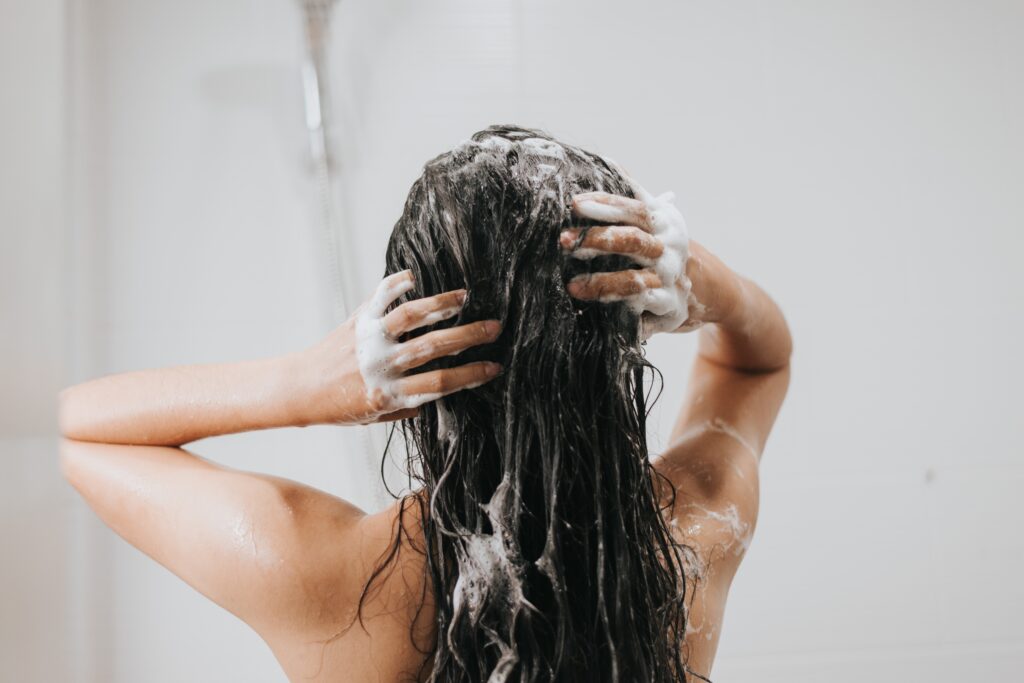
A quick cool shower can help lower your core temperature before you get under the covers. This tells your body it is time to relax and prepare for sleep. The refreshing rinse can also remove sweat and sunscreen, making you feel cleaner and more comfortable. Avoid very cold water, as it can make you more alert instead of sleepy.
Lowering body temperature is a natural part of falling asleep, so this step supports that process. It can also soothe skin irritated by heat or humidity. The relaxing sensation after a shower can help signal bedtime to your mind. This is a small evening ritual that can set the tone for restful sleep.
Use a Fan for Air Circulation
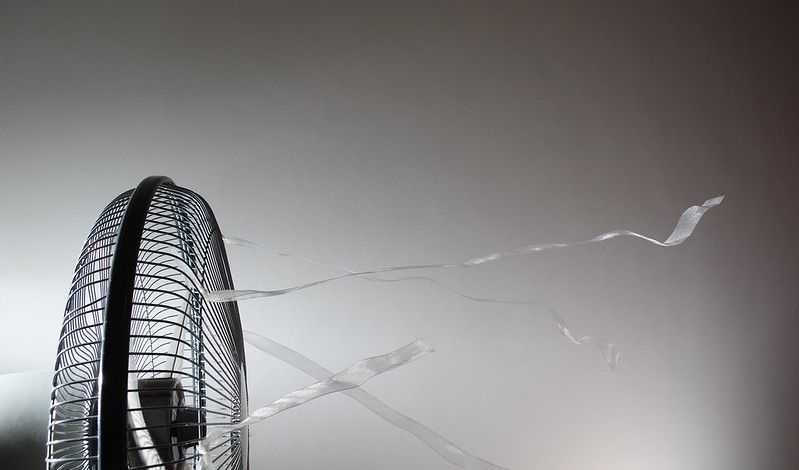
A fan helps move air around the room, preventing warm spots from forming. Even if it does not cool the air, the breeze can make your skin feel cooler by speeding up sweat evaporation. Position it so it does not blow directly on your face to avoid dryness. Some fans also create white noise, which can help mask disruptive sounds.
Consistent airflow can keep your body temperature steady through the night. This reduces the risk of waking up hot and restless. Fans are also an affordable way to make sleeping conditions more comfortable without running the air conditioner all night. A gentle breeze can be just what you need for uninterrupted rest.
Limit Caffeine in the Afternoon

Caffeine can stay in your system for several hours, making it harder to fall asleep at night. Avoid coffee, tea, energy drinks, and even chocolate later in the day. Heat can already make it harder for the body to relax, so eliminating stimulants can help. Switching to caffeine-free herbal tea in the evening can be a calming alternative.
Reducing caffeine intake supports a more natural sleep cycle. Without stimulants in your system, your body can more easily slow down at night. This is especially helpful in summer, when longer daylight hours can already disrupt bedtime routines. Limiting caffeine is a simple change with big benefits for your nightly rest.
Keep Electronics Away from the Bed

Electronics give off heat, which can make your bedroom warmer than it needs to be. They also emit light that can interfere with your body’s sleep signals. Try charging devices in another room and turning off screens at least an hour before bed. This creates a cooler and more relaxing space for rest.
By removing heat sources and reducing light exposure, you give your body a better chance to wind down naturally. This supports the release of melatonin, the hormone that helps you sleep. Your room will also feel less cluttered and more peaceful. This habit promotes better rest and supports long-term sleep health.
Eat a Light Dinner

Heavy meals take longer to digest and can raise your body temperature, making it harder to fall asleep. Choose lighter foods such as salads, grilled vegetables, or lean proteins for your evening meal. Avoid rich, spicy, or greasy foods before bed to reduce discomfort. Eating earlier in the evening also gives your body more time to digest.
Lighter dinners help you feel more comfortable when lying down. They reduce the likelihood of acid reflux and bloating, which can disturb sleep. Your body will have more energy to focus on cooling itself rather than working hard to process food. This change can make warm summer nights more restful.
Sleep with Windows Open When Safe
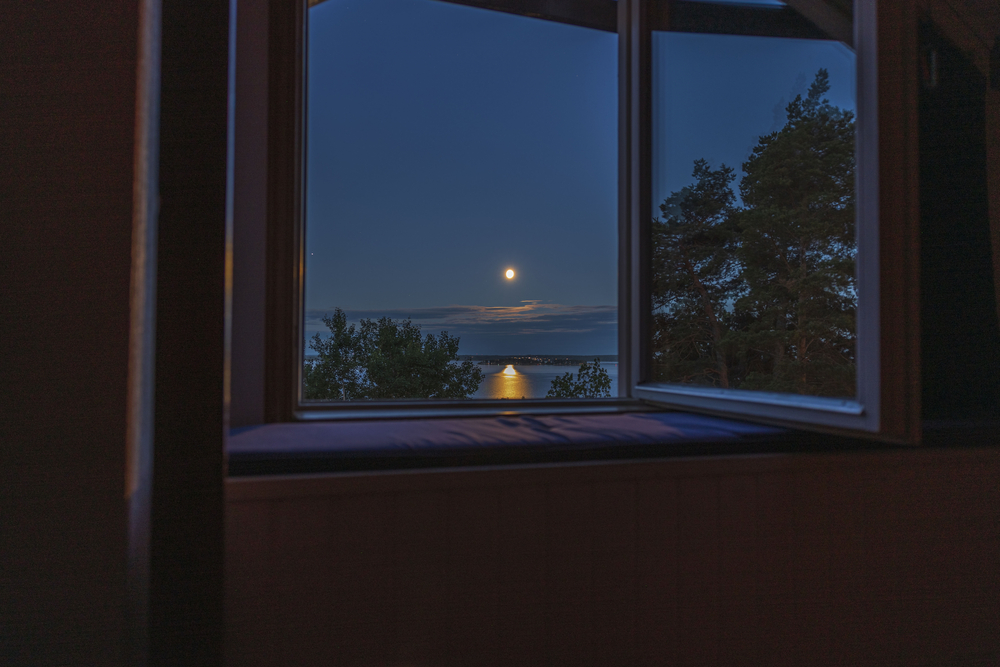
Allowing fresh air to enter your bedroom can lower the temperature and bring in a gentle breeze. This works best when the outdoor air is cooler than the inside air. Opening windows at night can also improve air quality, which helps you breathe more easily. Make sure it is safe and secure before you do so.
Fresh airflow supports your body’s natural cooling and can make sleep more refreshing. It may also reduce stuffiness that can build up during the day. If outdoor noise is an issue, pairing open windows with a fan or white noise machine can help. This small step can improve both comfort and sleep quality.
Keep a Regular Sleep Schedule
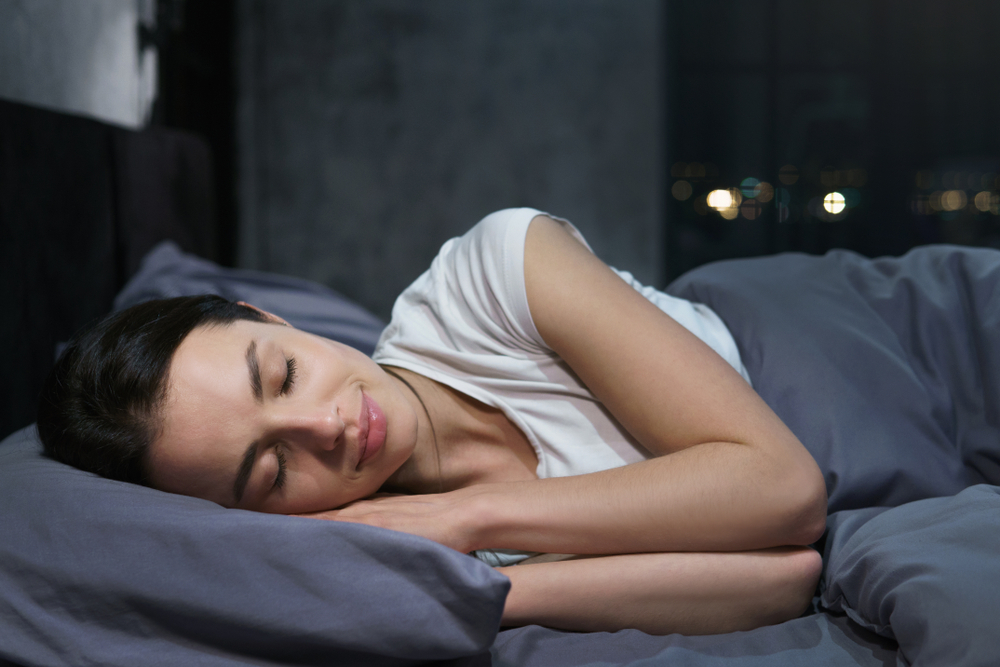
Going to bed and waking up at the same time each day helps train your body for better rest. This becomes even more important in summer when long daylight hours can disrupt your natural rhythm. Consistent sleep times signal your body to start winding down at the right hour. Avoid staying up too late on weekends to maintain balance.
A steady sleep schedule supports hormone regulation and overall health. It allows your body to adapt to seasonal changes in light and temperature. Even during warm nights, your system will respond more smoothly when it knows what to expect. This habit can improve the quality of your rest over time.
Reduce Alcohol Before Bed

Alcohol may make you feel sleepy at first, but it can interfere with deep sleep cycles. It can also cause dehydration, which makes you feel hotter at night. Limit drinking in the hours before bedtime to avoid disruptions. Opt for water or caffeine-free herbal tea instead.
Cutting back on alcohol supports better hydration and allows your body to regulate temperature more effectively. This can help you avoid waking up sweaty or restless. The quality of your sleep will improve, leaving you more refreshed in the morning. It is a small change that can have a noticeable effect.
Try Cooling Pillows or Mattress Pads
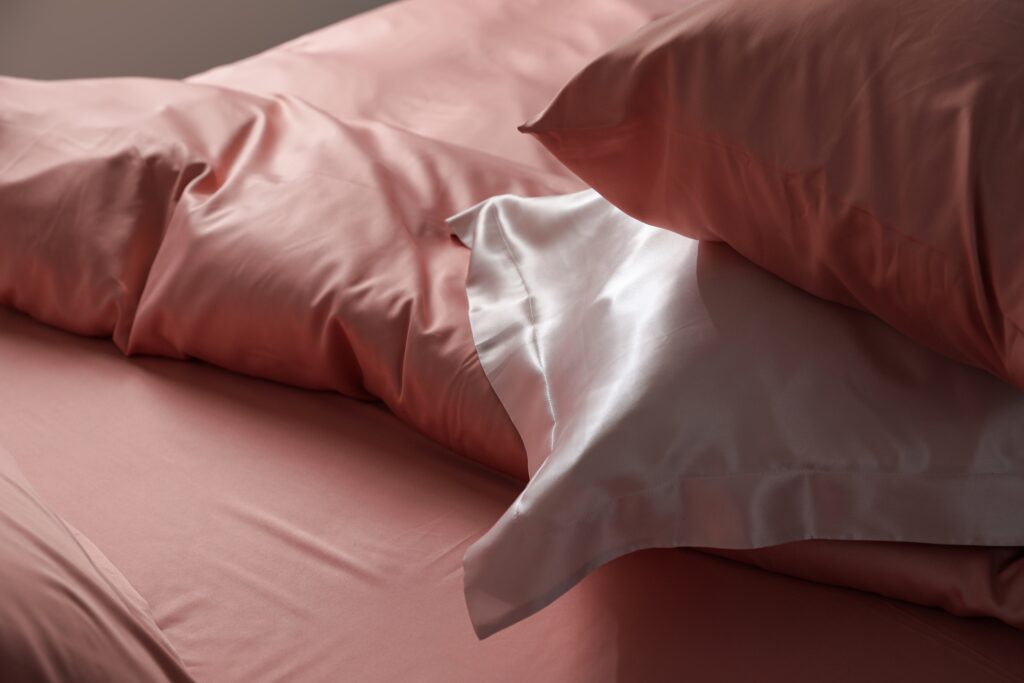
Specially designed pillows and mattress pads can help pull heat away from your body. They often use breathable materials that improve airflow while you sleep. Some have gel layers that stay cooler for longer periods. These products can be especially helpful if you tend to feel warm even with light bedding.
Better temperature control at night supports longer, uninterrupted rest. Cooling sleep surfaces also reduce sweating, which can help keep skin healthy. While they may be an investment, they can make a big difference during hot weather. Many people find they continue using them year-round for added comfort.
Dim the Lights Before Bed
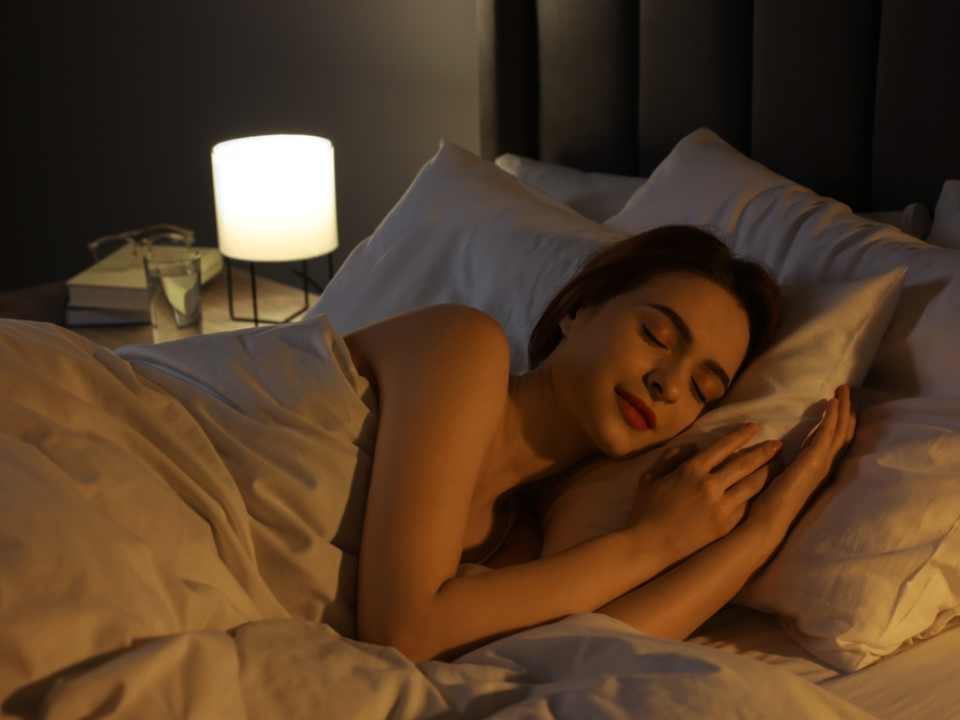
right lighting can interfere with your body’s natural signals for sleep. Lowering the lights an hour before bed helps signal that it is time to relax. Use soft, warm light bulbs in your bedroom to create a calming environment. Avoid overhead lights and opt for lamps instead.
This step supports melatonin production, making it easier to drift off. A dim environment also feels more comfortable during warm evenings. Creating a low-light setting can become part of your nightly routine, helping your body and mind prepare for rest. It is an easy change that can have lasting benefits.
This article originally appeared on Avocadu.
